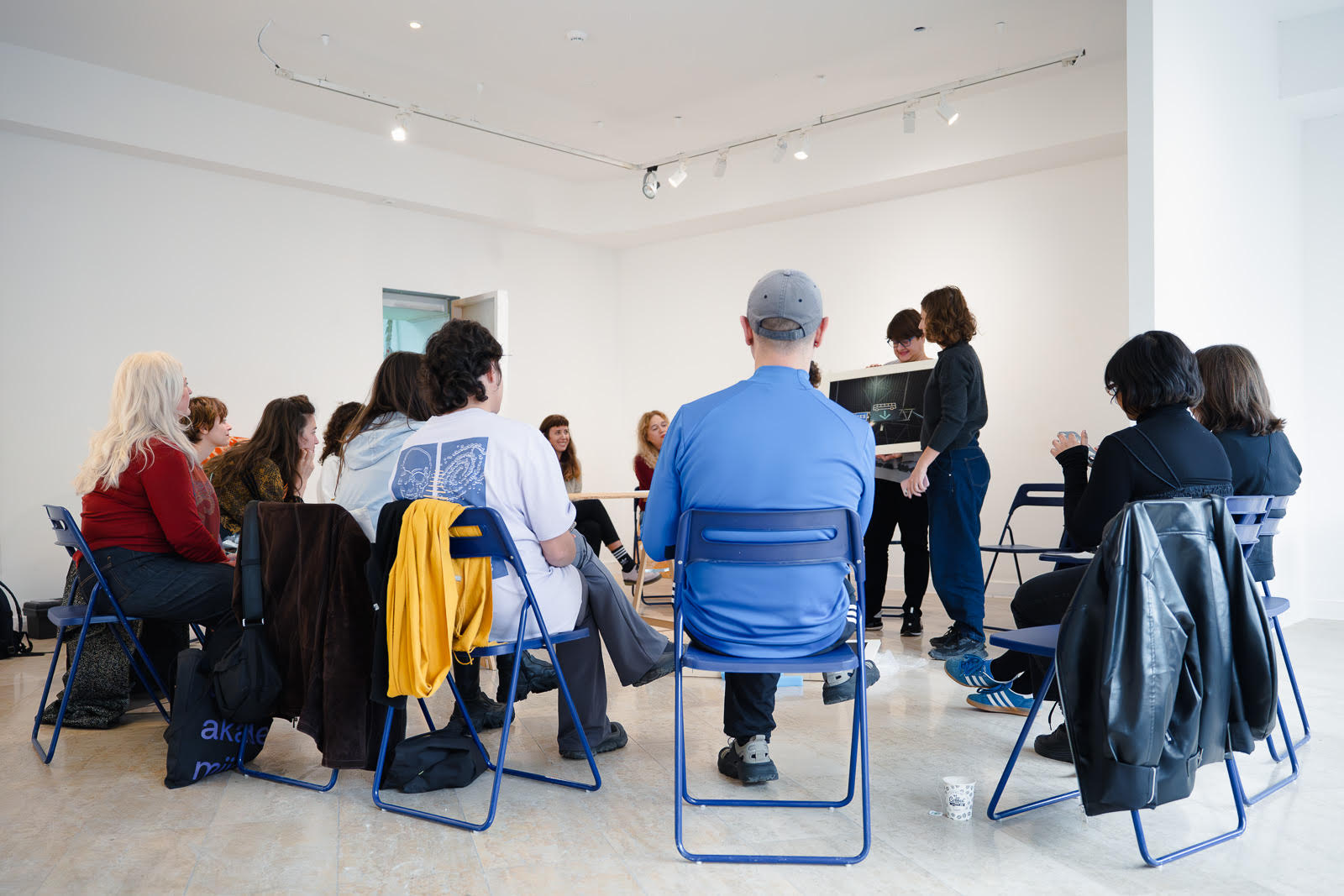One of the most important things to do in contemporary art education is to generate spaces for debate, free speech and security. These sorts of spaces can bring conflict and disagreement to the educational spaces, which is always necessary if we want to generate democratic educational projects.

Democracy is not a space of consensus but the space where different people, with different ideologies, social conditions, and interests can gather and find a way to find an agreement. So, confidence and transgression are both the two sides of the same coin - very necessary to generate a democratic educational space. For me, it is important to combine the experience through the body (understood as the social body, with a social condition, class, gender, sexuality, racial consideration…) with intense sessions of debate, collective reading, and work in the public space.
Trying to erase the boundaries between the classroom and the collective life.

As I see, there is no difference between formality and informality. This separation/division is something artificially built in traditional educational systems. The people involved in a pedagogical project have opportunities to learn as goods in the classroom as in the corridor, the courtyard, or in the café. It is important to consider the debates/experiences that take place in these different spaces with the same relevance.
There is no life outside the educational process nor limits between the formal and the informal.

The online educational experience is a great challenge as the format is quite rigid (in general the software/tools are conceived for an unidirectional transfer of knowledge). However, the lockdown during the pandemic invited us to experiment with the tool in a new and diverse set of possibilities. For instance, in the project developed with WHW Akademja and Rijksakademie, we generate a transnational program in which we challenged the unidirectional transfer of knowledge (one speaking in front of a group of people listening) and invite different thinkers and artists to do sessions to work with the body and generate speculative debates around tarot reading. This sort of experience can generate a much broader community of people with similar interests and open some debates that used to be local.



Participation of Pablo Martínez is a part of i-Portunus Houses pilot scheme. The i-Portunus Houses pilot scheme is implemented, on behalf of the European Commission, by a consortium of organisations that have been pioneers of European cultural mobility programmes themselves. Coordinated by the European Cultural Foundation (Amsterdam), the i-Portunus Houses consortium involves MitOst (Berlin) as main mobility implementer and the Kultura Nova Foundation (Zagreb) as lead in evaluation and analysis.



